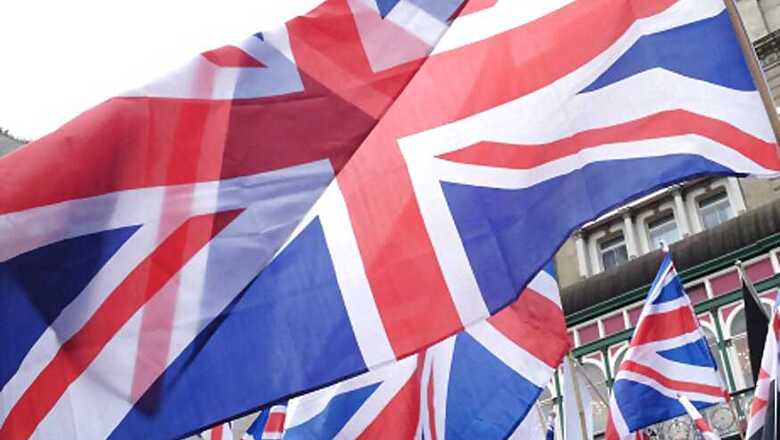
views
London: A number of protests and demonstrations have been planned in the UK to coincide with India's Republic Day celebrations on Sunday, with the Indian High Commission in London urging UK authorities to ensure the mission's safety.
On Saturday, the eve of Republic Day, a collective of Indian diaspora groups have called for a "National Demonstration Against Fascism in India" during which hundreds are expected to gather outside Downing Street before marching up to the Indian High Commission here.
The march has been called as a protest against India's new Citizenship Amendment Act (CAA) and is expected to be joined by activists and students from various universities and organisations.
On Sunday, UK-based separatist and pro-Pakistani outfits have called a "Black Day" and are mobilising people from across different cities in the UK to gather outside India House in central London.
"We are aware of a march taking place in central London on Saturday, January 25, and a demonstration on Sunday, January 26. A proportionate policing plan is in place," Scotland Yard said in reference to both demonstrations.
However, there are growing safety concerns, specifically around the demonstration planned on Sunday. The concerns were raised in the House of Commons last week and Indian High Commissioner to the UK Ruchi Ghanashyam discussed the matter directly with UK Home Secretary Priti Patel during a meeting earlier this week.
"High Commissioner called on Home Secretary Priti Patel and discussed issues of mutual interest to take forward India-UK ties. She conveyed security and safety concerns flowing from planned protests including on Republic Day at India House," said a Twitter statement from the Indian High Commission on Tuesday.
A similar march was banned from assembly outside the High Commission building in Aldwych on Diwali last October following an intervention from the UK Home Office, in the wake of violent clashes during protests to coincide with Indian Independence Day on August 15 last year.
Diaspora groups have renewed their lobbying with the Metropolitan Police and London Mayor Sadiq Khan to try and avert a repeat of similar violent scenes in the area this weekend.
"I understand why many British Indians are so deeply concerned about a repeat of those awful scenes. Many have felt deeply threatened and worried, and I would like to assure all Londoners that anyone who acts unlawfully on Sunday will be held fully accountable by the police," said Khan, in response to one of the letters as he pledged a "robust" policing plan and also alerted Patel of his concerns.
"A march, similar to the one on 15 August last year, would only deepen divisions at a time when all Londoners need to come together, and when people of Indian origin want to celebrate a hugely significant cultural day. The right to protest is an important and valued part of our democracy, but it must always be done peacefully and within the boundaries of the law, he said.
Conservative Party MP Bob Blackman, who had raised the issue in Parliament last Thursday, told an event organised by UK-based Kashmiri Pandit groups in London on Monday evening he would also write to Met Police Commissioner Cressida Dick.
"It is right that people have the right to peaceful protest but when those protests turn violent, it is unacceptable and should not be allowed," said the MP for Harrow East, a north London constituency with a large British Indian population.
Later on Sunday evening, the Indian Workers' Association Great Britain, an 80-year-old diaspora group, has called a "Defend the Constitution" Republic Day meeting at Southall in west London to hold a discussion on the implications of the CAA as well as the National Register of Citizens.











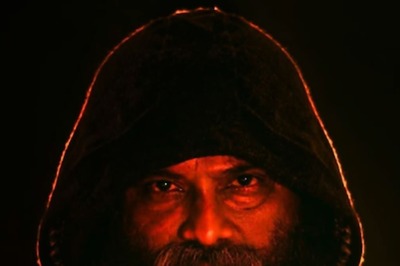


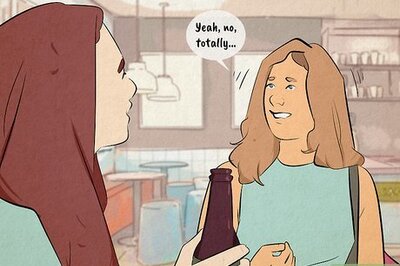
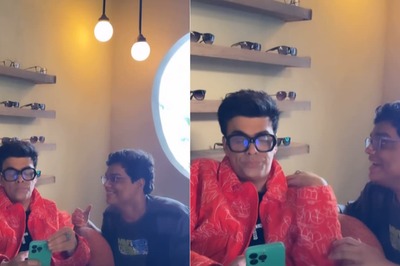
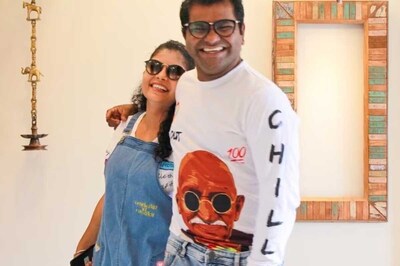
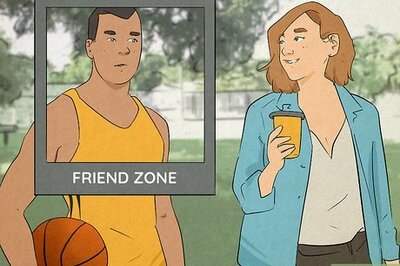

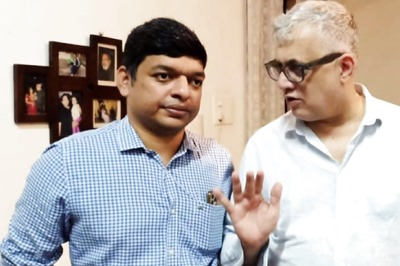
Comments
0 comment